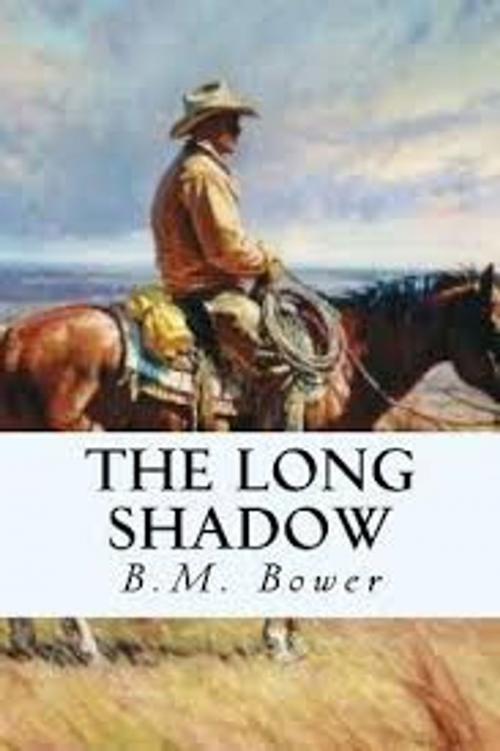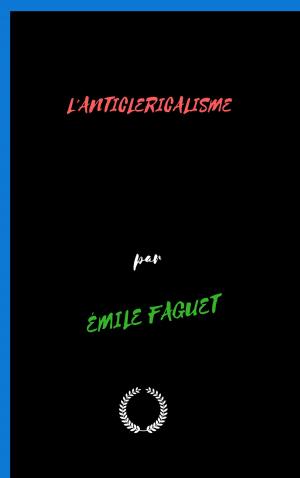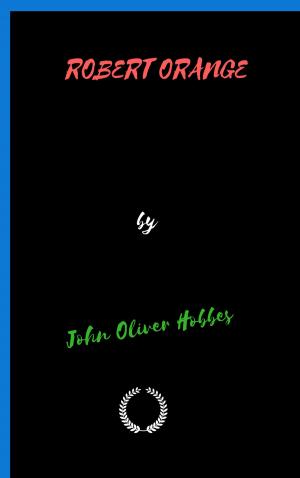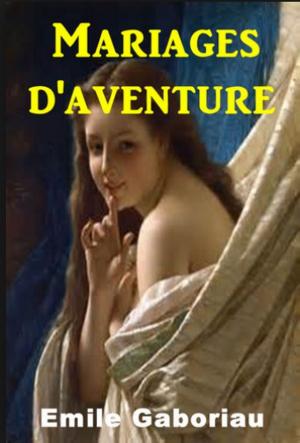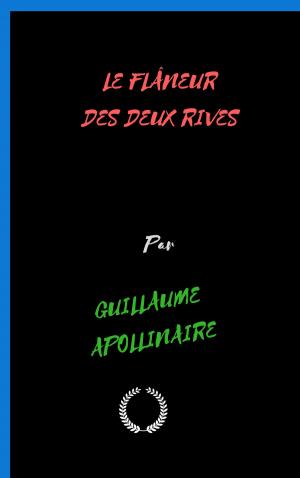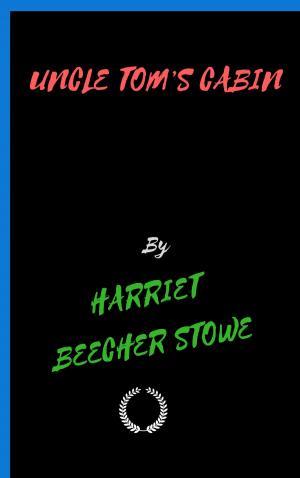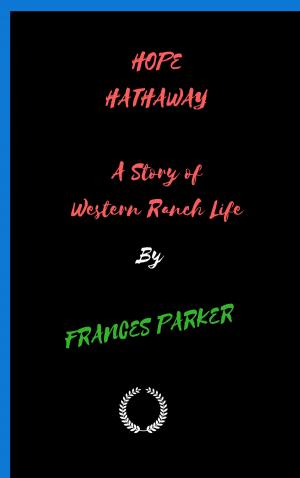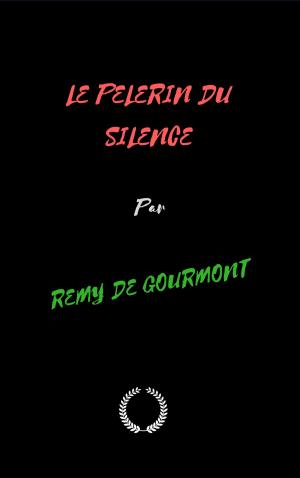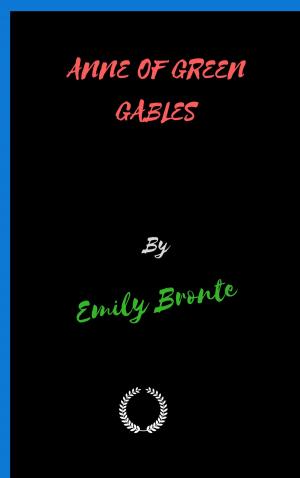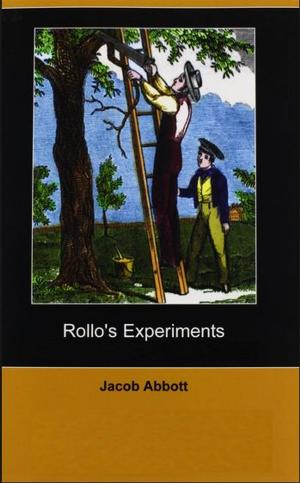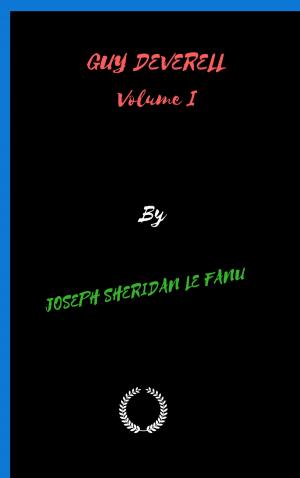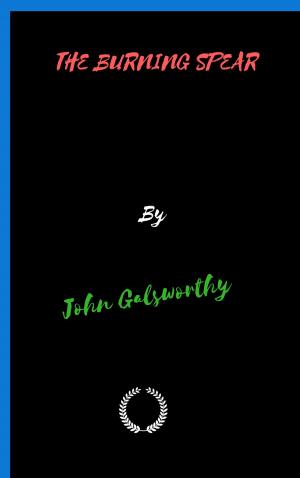| Author: | B.M. BOWER | ISBN: | 1230002327389 |
| Publisher: | Jwarlal | Publication: | May 18, 2018 |
| Imprint: | Language: | English |
| Author: | B.M. BOWER |
| ISBN: | 1230002327389 |
| Publisher: | Jwarlal |
| Publication: | May 18, 2018 |
| Imprint: | |
| Language: | English |
This book is among the best-selling popular classics "bestseller". Here is an extract of this book :
The wind, rising again as the sun went down, mourned lonesomely at the northwest corner of the cabin, as if it felt the desolateness of the barren, icy hills and the black hollows between, and of the angry red sky with its purple shadows lowering over the unhappy land—and would make fickle friendship with some human thing. Charming Billy, hearing the crooning wail of it, knew well the portent and sighed. Perhaps he, too, felt something of the desolateness without and perhaps he, too, longed for some human companionship.
He sent a glance of half-conscious disapproval around the untidy cabin. He had been dreaming aimlessly of a place he had seen not so long ago; a place where the stove was black and shining, with a fire crackling cheeringly inside and a teakettle with straight, unmarred spout and dependable handle singing placidly to itself and puffing steam with an air of lazy comfort, as if it were smoking a cigarette. The stove had stood in the southwest corner of the room, and the room was warm with the heat of it; and the floor was white and had a strip of rag carpet reaching from the table to a corner of the stove. There was a red cloth with knotted fringe on the table, and a bed in another corner had a red-and-white patchwork spread and puffy white pillows. There had been a woman—but Charming Billy shut his eyes, mentally, to the woman, because he was not accustomed to them and he was not at all sure that he wanted to be accustomed; they did not fit in with the life he lived. He felt dimly that, in a way, they were like the heaven his mother had taught him—altogether perfect and altogether unattainable and not to be thought of with any degree of familiarity. So his memory of the woman was indistinct, as of something which did not properly belong to the picture. He clung instead to the memory of the warm stove, and the strip of carpet, and the table with the red cloth, and to the puffy, white pillows on the bed.
The wind mourned again insistently at the corner. Billy lifted his head and looked once more around the cabin. The reality was depressing—doubly depressing in contrast to the memory of that other room. A stove stood in the southwest corner, but it was not black and shining; it was rust-red and ash-littered, and the ashes had overflowed the hearth and spilled to the unswept floor. A dented lard-pail without a handle did meagre duty as a teakettle, and balanced upon a corner of the stove was a dirty frying pan. The fire had gone dead and the room was chill with the rising of the wind. The table was filled with empty cans and tin plates and cracked, oven-stained bowls and iron-handled knives and forks, and the bunk in the corner was a tumble of gray blankets and unpleasant, red-flowered comforts—corner-wads, Charming Billy was used to calling them—and for pillows there were two square, calico-covered cushions, depressingly ugly in pattern and not over-clean.
Billy sighed again, threaded a needle with coarse, black thread and attacked petulantly a long rent in his coat. "Darn this bushwhacking all over God's earth after a horse a man can't stay with, nor even hold by the bridle reins," he complained dispiritedly. "I could uh cleaned the blamed shack up so it would look like folks was living here—and I woulda, if I didn't have to set all day and toggle up the places in my clothes"—Billy muttered incoherently over a knot in his thread. "I've been plumb puzzled, all winter, to know whether it's man or cattle I'm supposed to chappyrone. If it's man, this coat has sure got the marks uh the trade, all right." He drew the needle spitefully through the cloth.
The wind gathered breath and swooped down upon the cabin so that Billy felt the jar of it. "I don't see what's got the matter of the weather," he grumbled. "Yuh just get a chinook that starts water running down the coulées, and then the wind switches and she freezes up solid—and that means tailing-up poor cows and calves by the dozen—and for your side-partner yuh get dealt out to yuh a pilgrim that don't know nothing and can't ride a wagon seat, hardly, and that's bound to keep a dawg! And the Old Man stands for that kind uh thing and has forbid accidents happening to it—oh, hell!"
This last was inspired by a wriggling movement under the bunk. A black dog, of the apologetic drooping sort that always has its tail sagging and matted with burrs, crawled out and sidled past Billy with a deprecating wag or two when he caught his unfriendly glance, and shambled over to the door that he might sniff suspiciously the cold air coming in through the crack beneath.
This book is among the best-selling popular classics "bestseller". Here is an extract of this book :
The wind, rising again as the sun went down, mourned lonesomely at the northwest corner of the cabin, as if it felt the desolateness of the barren, icy hills and the black hollows between, and of the angry red sky with its purple shadows lowering over the unhappy land—and would make fickle friendship with some human thing. Charming Billy, hearing the crooning wail of it, knew well the portent and sighed. Perhaps he, too, felt something of the desolateness without and perhaps he, too, longed for some human companionship.
He sent a glance of half-conscious disapproval around the untidy cabin. He had been dreaming aimlessly of a place he had seen not so long ago; a place where the stove was black and shining, with a fire crackling cheeringly inside and a teakettle with straight, unmarred spout and dependable handle singing placidly to itself and puffing steam with an air of lazy comfort, as if it were smoking a cigarette. The stove had stood in the southwest corner of the room, and the room was warm with the heat of it; and the floor was white and had a strip of rag carpet reaching from the table to a corner of the stove. There was a red cloth with knotted fringe on the table, and a bed in another corner had a red-and-white patchwork spread and puffy white pillows. There had been a woman—but Charming Billy shut his eyes, mentally, to the woman, because he was not accustomed to them and he was not at all sure that he wanted to be accustomed; they did not fit in with the life he lived. He felt dimly that, in a way, they were like the heaven his mother had taught him—altogether perfect and altogether unattainable and not to be thought of with any degree of familiarity. So his memory of the woman was indistinct, as of something which did not properly belong to the picture. He clung instead to the memory of the warm stove, and the strip of carpet, and the table with the red cloth, and to the puffy, white pillows on the bed.
The wind mourned again insistently at the corner. Billy lifted his head and looked once more around the cabin. The reality was depressing—doubly depressing in contrast to the memory of that other room. A stove stood in the southwest corner, but it was not black and shining; it was rust-red and ash-littered, and the ashes had overflowed the hearth and spilled to the unswept floor. A dented lard-pail without a handle did meagre duty as a teakettle, and balanced upon a corner of the stove was a dirty frying pan. The fire had gone dead and the room was chill with the rising of the wind. The table was filled with empty cans and tin plates and cracked, oven-stained bowls and iron-handled knives and forks, and the bunk in the corner was a tumble of gray blankets and unpleasant, red-flowered comforts—corner-wads, Charming Billy was used to calling them—and for pillows there were two square, calico-covered cushions, depressingly ugly in pattern and not over-clean.
Billy sighed again, threaded a needle with coarse, black thread and attacked petulantly a long rent in his coat. "Darn this bushwhacking all over God's earth after a horse a man can't stay with, nor even hold by the bridle reins," he complained dispiritedly. "I could uh cleaned the blamed shack up so it would look like folks was living here—and I woulda, if I didn't have to set all day and toggle up the places in my clothes"—Billy muttered incoherently over a knot in his thread. "I've been plumb puzzled, all winter, to know whether it's man or cattle I'm supposed to chappyrone. If it's man, this coat has sure got the marks uh the trade, all right." He drew the needle spitefully through the cloth.
The wind gathered breath and swooped down upon the cabin so that Billy felt the jar of it. "I don't see what's got the matter of the weather," he grumbled. "Yuh just get a chinook that starts water running down the coulées, and then the wind switches and she freezes up solid—and that means tailing-up poor cows and calves by the dozen—and for your side-partner yuh get dealt out to yuh a pilgrim that don't know nothing and can't ride a wagon seat, hardly, and that's bound to keep a dawg! And the Old Man stands for that kind uh thing and has forbid accidents happening to it—oh, hell!"
This last was inspired by a wriggling movement under the bunk. A black dog, of the apologetic drooping sort that always has its tail sagging and matted with burrs, crawled out and sidled past Billy with a deprecating wag or two when he caught his unfriendly glance, and shambled over to the door that he might sniff suspiciously the cold air coming in through the crack beneath.
